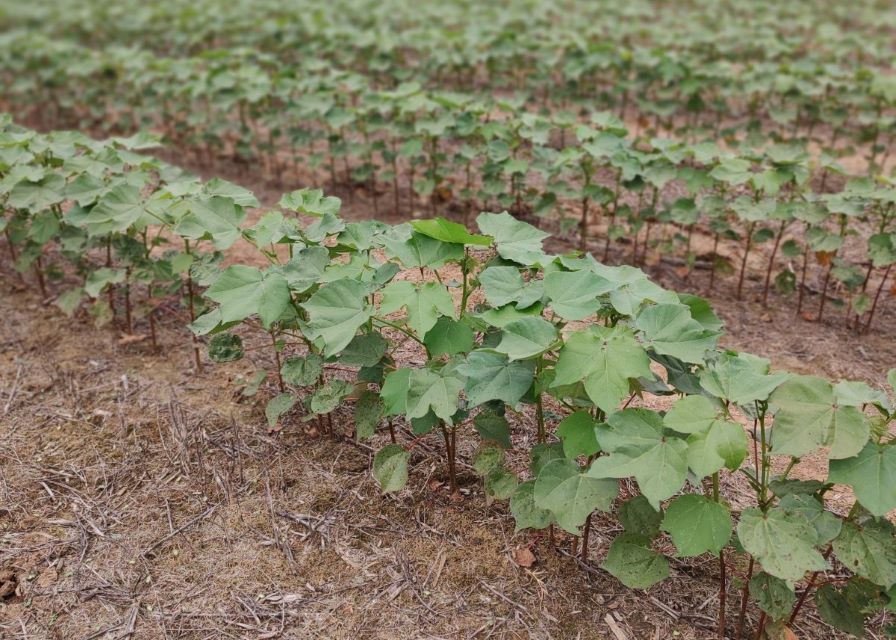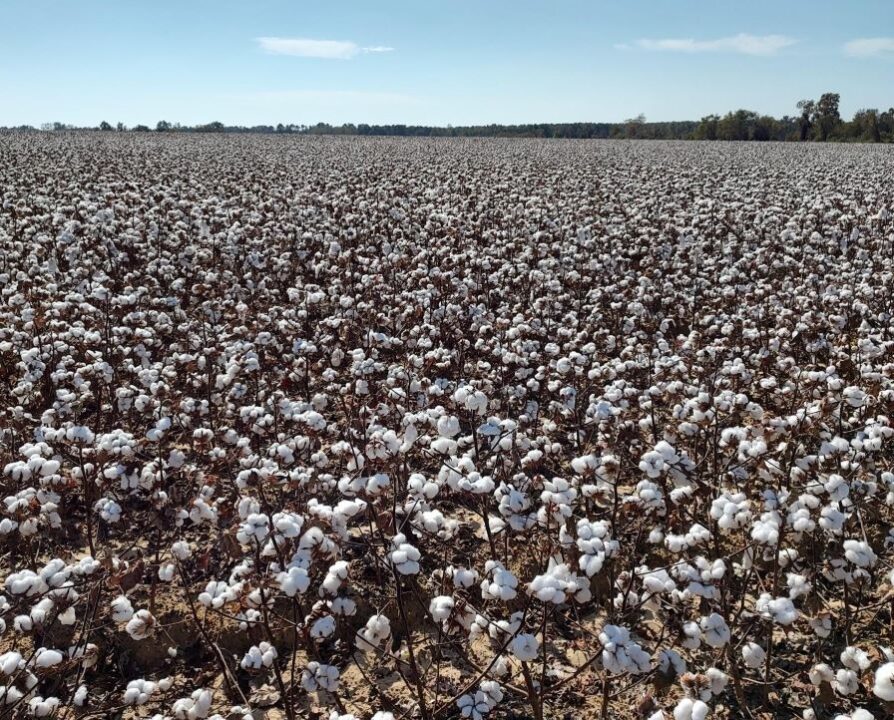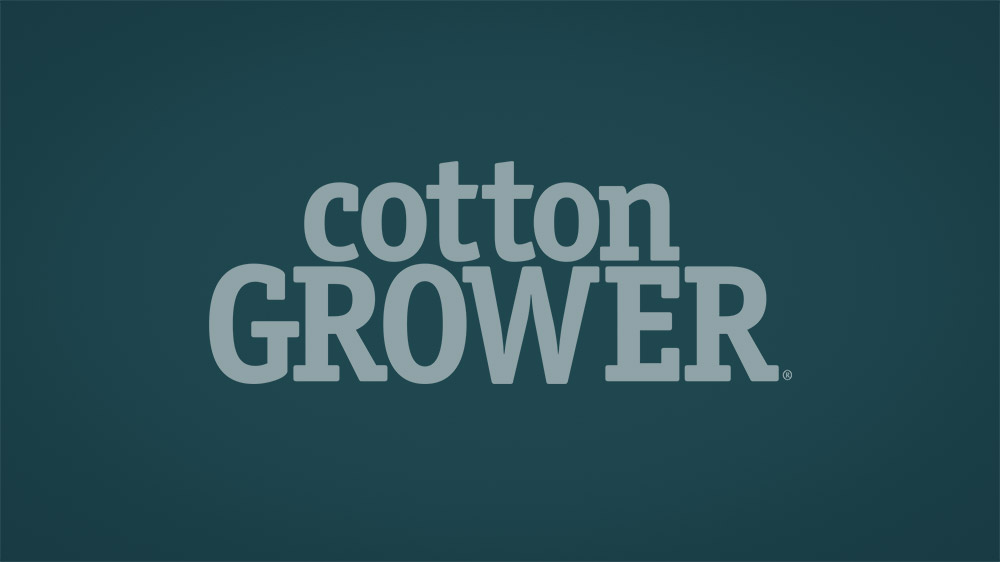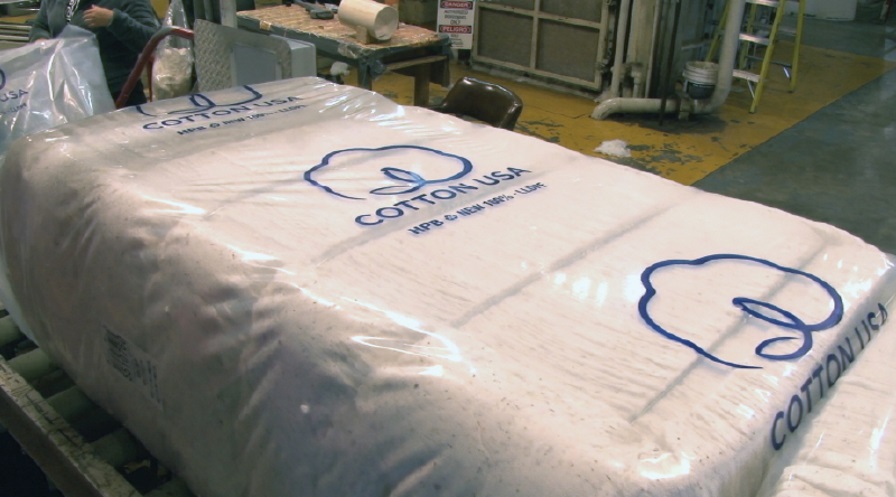Growers Should Expect New Farm Bill for Christmas
Somehow, someway, there will be a new farm bill in the next few days, according to Dr. Joe Outlaw, a Texas A&M AgriLife Extension Service economist, speaking during the Texas Wheat Producers Symposium at the Amarillo Farm and Ranch Show.
“Over the last couple of days, they (lawmakers) are getting really close, so unless someone gets really stubborn, we’re going to get a bill in the next couple of days,” said Outlaw, also co-director of the Agricultural and Food Policy Center at Texas A&M University in College Station.
Getting a farm bill passed is not just good news for agriculture, he said. It is important to both lenders and consumers. The overall economy is linked to agriculture, and the farm bill programs keep more people farming and consumer food prices lower.
“A strong ag economy makes for a strong national economy,” Outlaw said.
Without going into the details of what will be in the bill, he said no new money or programs have been added and only adjustments have been made to deal with issues that have arisen. But the passage of even what is expected to be a baseline farm bill is important to providing structure to the farm programs for next year’s crop.
Outlaw said it is a good thing the seed cotton coverage and dairy enhancement were included in the earlier Bipartisan Budget Act, because “I can’t imagine trying to get those two things done in the current D.C. climate.”
But he did say he thinks wheat producers will like some additions being talked about in the latest version in terms wheat’s safety net.
Outlaw said much of his role is educational, because people don’t understand the farm bill and the role it plays. He said the average person may think the farm bill is about farmers getting rich, but what tends to get lost in the understanding of the farm bill role is that farmers and lenders need the farm bill for certainty.
Most producers have to go to a lender and work through the process to get an annual production loan, Outlaw said. Without the security and stability of the farm bill, the lenders, who have regulators monitoring their actions as well, would find it very difficult to lend to agriculture.
“In this price environment, producers will not get operating loans without strong crop insurance and commodity programs,” Outlaw said. “The farm bill is about the security and stability of having a safety net when it is really needed.”
The safety net in the form of crop insurance or Title I programs will not make the producer whole, he said.
“I hear it every day, we are lining the pockets of farmers,” Outlaw said. “That is probably the thing that sets me off more than anything else, because what we are really doing with this safety net program is trying to replace a little bit of what is lost.”
The farmer may start out the year wanting to make a certain amount of money, but they have to hope the price and yield holds up, and often they don’t, he said.
“Right now, we are at a deficit, and the government is making up some of the loss, so the producer has the financial wherewithal to go back to his lender next year to get the opportunity to try again,” Outlaw said.









